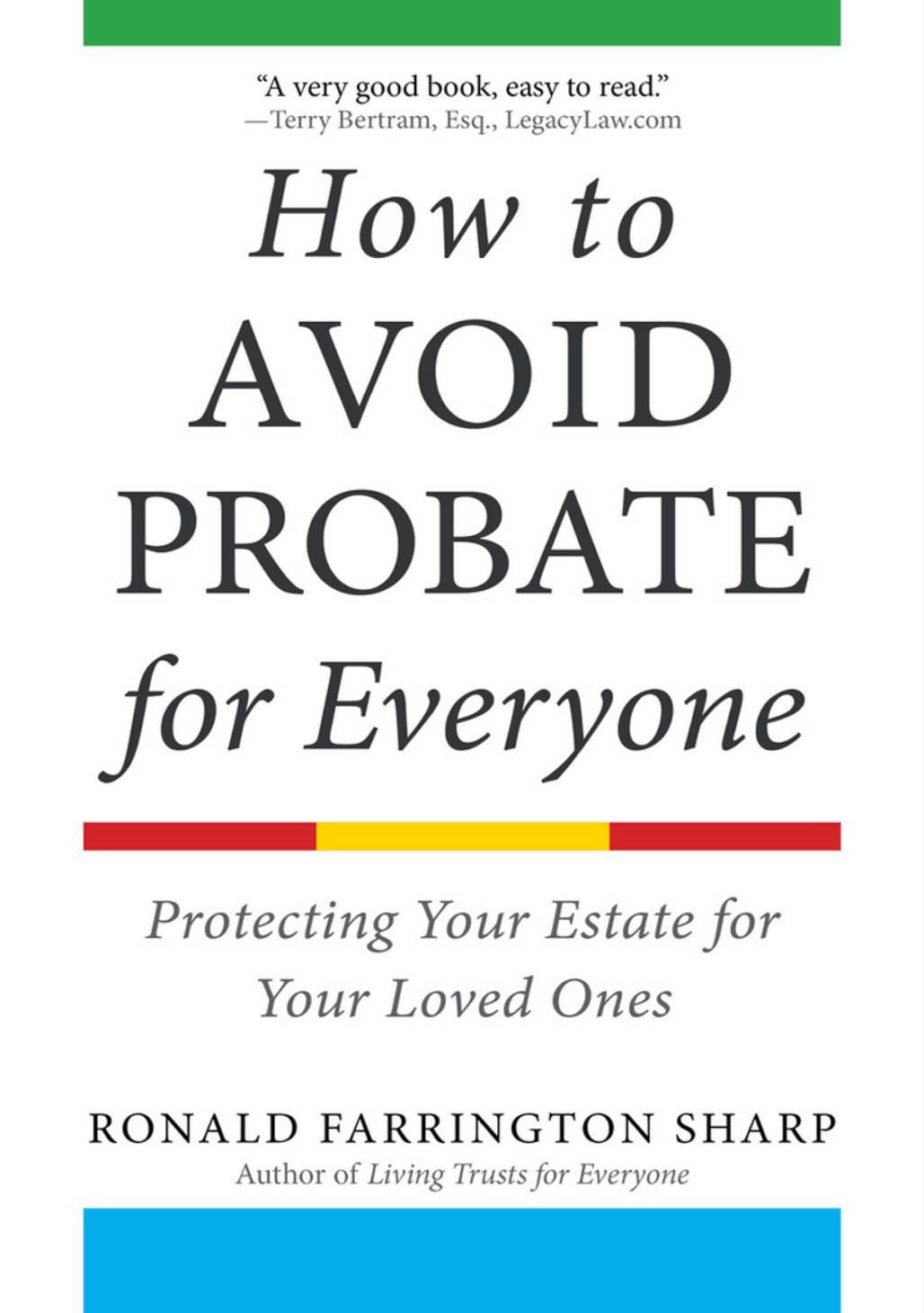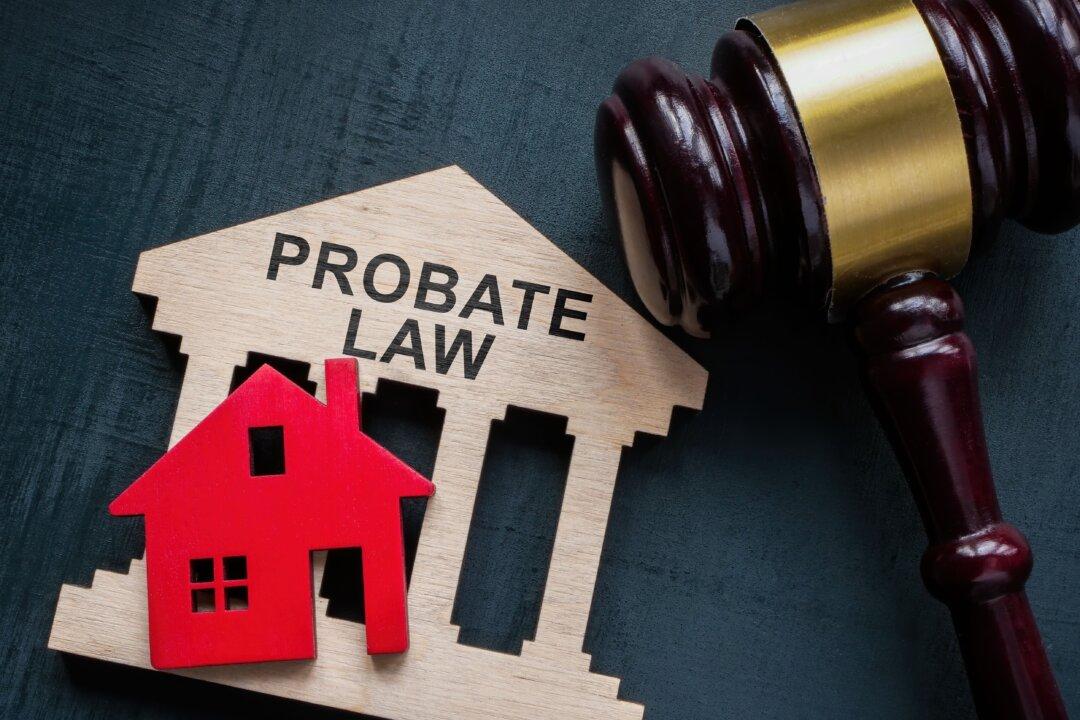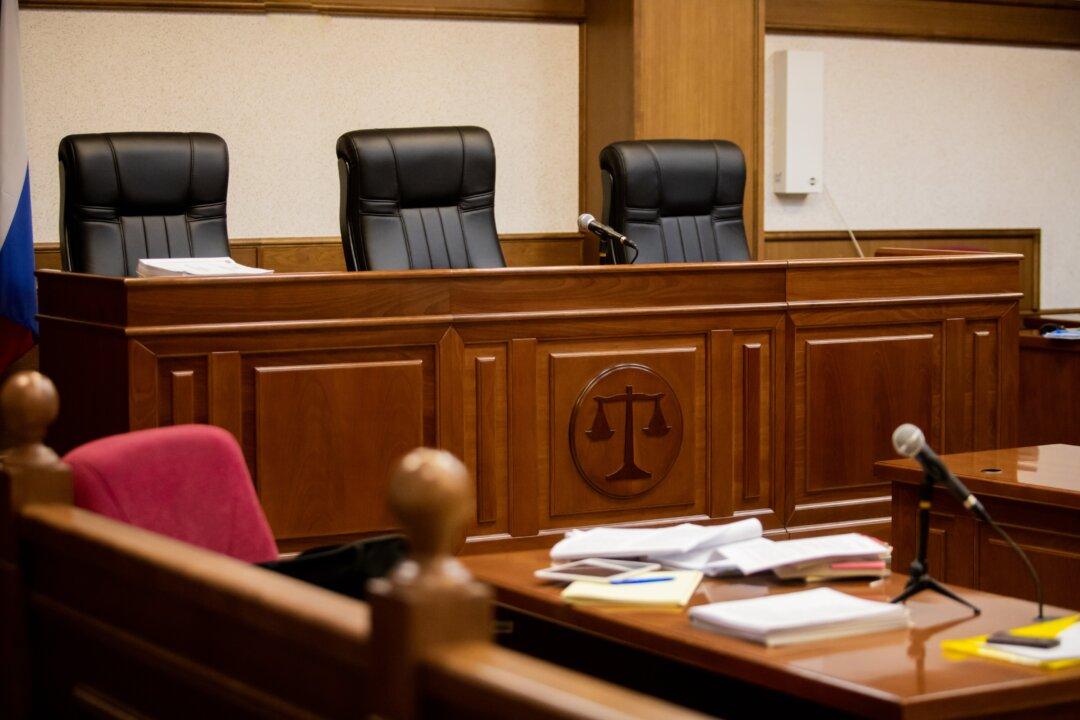Introduction
Here’s what I think about using the probate court to settle a decedent’s estate: Probate is an unnecessary evil that can be made necessary because of improper planning. While probate has its uses, it is like an antidote for a snake bite—indispensable if you need it, but something you hope you will never have to use. Better you should avoid snakes—and probate. If you don’t mind spending lots of money to pass on your assets to your heirs, and if you like the idea of their waiting for up to two years to inherit—during which time they get to meet with attorneys multiple times and attend court hearings—then probate is for you.
That said, let’s talk about what we mean by probate. Probate is a broad term that encompasses all of the functions of a probate court, including settling a decedent’s estate as well as myriad other functions involving estates, the disabled, and children. While it is important to avoid the costs and time delays of probate court, we sometimes do need to use the judicial functions and power of the courts to further the wishes of a decedent. It’s useful as a backup when we need to protect the interests of a person’s heirs. So it’s not totally and completely bad.
This book identifies and describes methods of avoiding probate of estates. Books on probate avoidance typically recommend the use of revocable trusts as a will alternative and stop there. Sometimes they even supply a fill-in-the-blank form to make a do-it-yourself trust. However, trusts are not the only way to avoid probate estate administration, and sometimes they are not the best way. The goal of any estate plan should be to ensure that the assets remaining at death are distributed or managed according to the wishes of the deceased in the least complicated, least expensive, and least time-consuming manner. While trusts are good, there are many other ways to avoid probate that do not rely on either a will or a trust. The makeup of a person’s assets, their intentions, and their family situation will determine which methods are preferable. These alternate methods and how they work are detailed in the following pages.
The probate court also can interfere in your affairs in non-estate settlement areas. For example, there are methods of avoiding probate court involvement in minor or adult conservatorships. Probate courts can take administrative control of the assets of minor children and mentally disabled adults to protect their money from loss or misuse, but this service comes with several burdens. There are significant costs to these estates for the fees of a guardian-ad-litem and court-appointed conservators. The court has the discretion to and may well appoint someone other than your first choice to serve in these roles. If a family member or friend is appointed, they will be forced to file reports and paperwork and attend regular court hearings, which might require them to take time off work and/or pay an attorney. Proper planning can keep the court out of your family affairs.
The judicial functions of a court can be utilized if needed to help collect assets of the estate or to enforce the terms of estate administration without subjecting the entire estate to court oversight.
The appendices include sample documents so that you can see what they typically look like. I do not recommend that you copy these for your own use. They may or may not be appropriate for your situation or in your home state. This is not a textbook or treatise on the law, and laws vary among the states, so do not rely on this as legal or tax advice for your particular situation. You should consult a lawyer in your individual jurisdiction to effectuate any legal plan that you need.
I think you will find the information herein helpful.
The Probate Process
What exactly is probate? Historically, the word probate is the process of filing a decedent’s will with a court and “proving it.” The proof required is, first, that it is the most recent true will of the person signing it, and second, that the person was of sound mind and not under undue influence when it was signed. The proof traditionally required was the testimony of two witnesses who saw it being signed. But wills can be found valid even without witnesses if, for example, it is written in the handwriting of the will maker (holographic will), but proving such a will most often requires a court hearing and the testimony of interested parties.
Nowadays a will can be self-proving without a hearing or witness testimony by following the local statute, which usually requires that the will also be notarized. Then the probate process begins. Probate procedures are statutory: they are codified into written law in each state. The particular court may be called Probate Court, but might also have another name, such as Superior Court or Circuit Court. The point is that the state court system is in charge of the probate process, which follows a step-by-step procedure as laid out in the written laws. In this book, the applicable court will be referred to as the probate court.
This kind of thing has happened in my office many times: A client comes to me complaining that the real estate people won’t let her sell her deceased father’s house even though she is the only child, Mom is dead, and the will leaves everything to her. She also can’t access his bank accounts even after giving a copy of the will to the bank manager. Logically and morally, she should be right. But the problem is that the real estate companies and banks want to protect themselves and be sure that the will is valid, that it has not been revoked, and that there is some court authority on which they can hang their hats before allowing the daughter access to the assets. Can’t blame them for that. In this situation, some sort of probate is necessary so that there is a court order signed by a judge that confirms that she is entitled to the house and accounts.
A person in possession of a will is required to turn it over to the court upon the death of its maker. The court then appoints a named personal representative or an appointed administrator to shepherd the will through the process of gathering all assets together, paying all debts and expenses, and distributing the remainder to the heirs named in the will according to its instructions.
This should be simple, but it is not. And it can be incredibly expensive and time-consuming.
(To be continued...)

This excerpt is taken from “How to Avoid Probate for Everyone: Protecting Your Estate for Your Loved Ones” by Ronald Farrington Sharp. To read other articles of this book, click here. To buy this book, click here.
The Epoch Times copyright © 2023. The views and opinions expressed are those of the authors. They are meant for general informational purposes only and should not be construed or interpreted as a recommendation or solicitation. The Epoch Times does not provide investment, tax, legal, financial planning, estate planning, or any other personal finance advice. The Epoch Times holds no liability for the accuracy or timeliness of the information provided.





